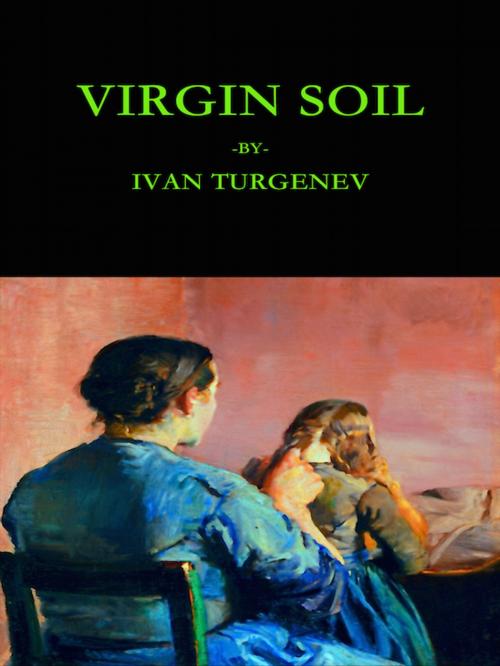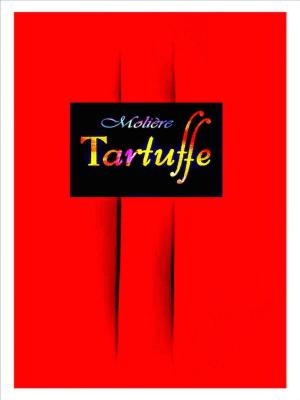| Author: | Ivan Turgenev | ISBN: | 1230002054421 |
| Publisher: | Editions Artisan Devereaux LLC | Publication: | December 19, 2017 |
| Imprint: | Language: | English |
| Author: | Ivan Turgenev |
| ISBN: | 1230002054421 |
| Publisher: | Editions Artisan Devereaux LLC |
| Publication: | December 19, 2017 |
| Imprint: | |
| Language: | English |
A novel of haunting beauty, Virgin Soil, published in 1877, is the final novel by Russian author Ivan Turgenev.
It is considered by many to be one of Turgenev's greatest.
His biggest and most ambitious work, he sought to balance his deep affection for mother Russia and its people with his growing apprehensions about what their future held in store.
With its publication he became world famous: a month after it was published fifty-two young men and women were arrested in Russia on charges of revolutionary conspiracy, and a shocked public in France, Britain, and America turned to the novel for enlightenment.
IVAN TURGENEV (1818–1883) was a Russian novelist, short story writer, and playwright known for his honest portrayals of Russian serfs in the feudal system of the nineteenth century. Unlike his contemporaries Dostoyevsky and Tolstoy, whose writings focused primarily on church and religion, Turgenev believed in the need for Russia to Westernize. He criticized the provincial society and political turbulence of his time through sophisticated and passionate prose. His novel Fathers and Sons is regarded as one of the major works of 19th-century fiction. He also wrote such masterworks as The Diary of a Superfluous Man, First Love, Torrents of Spring, King Lear of the Steppes, Smoke, and A Sportsman’s Sketches.
A novel of haunting beauty, Virgin Soil, published in 1877, is the final novel by Russian author Ivan Turgenev.
It is considered by many to be one of Turgenev's greatest.
His biggest and most ambitious work, he sought to balance his deep affection for mother Russia and its people with his growing apprehensions about what their future held in store.
With its publication he became world famous: a month after it was published fifty-two young men and women were arrested in Russia on charges of revolutionary conspiracy, and a shocked public in France, Britain, and America turned to the novel for enlightenment.
IVAN TURGENEV (1818–1883) was a Russian novelist, short story writer, and playwright known for his honest portrayals of Russian serfs in the feudal system of the nineteenth century. Unlike his contemporaries Dostoyevsky and Tolstoy, whose writings focused primarily on church and religion, Turgenev believed in the need for Russia to Westernize. He criticized the provincial society and political turbulence of his time through sophisticated and passionate prose. His novel Fathers and Sons is regarded as one of the major works of 19th-century fiction. He also wrote such masterworks as The Diary of a Superfluous Man, First Love, Torrents of Spring, King Lear of the Steppes, Smoke, and A Sportsman’s Sketches.















